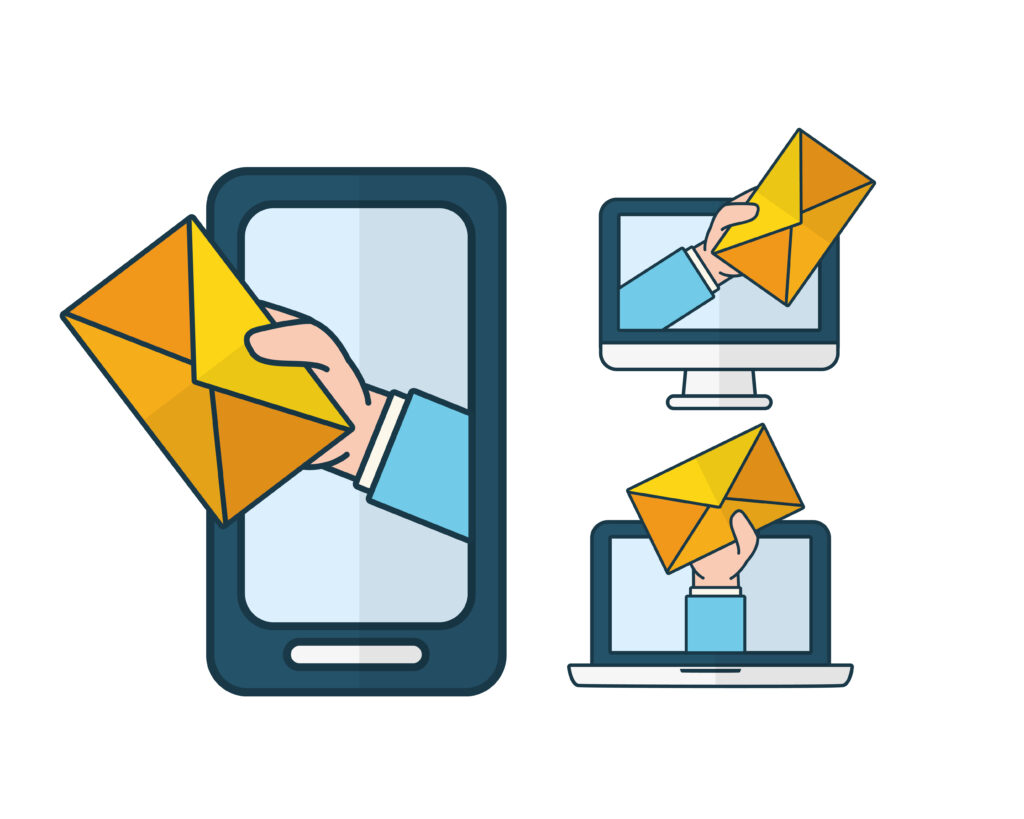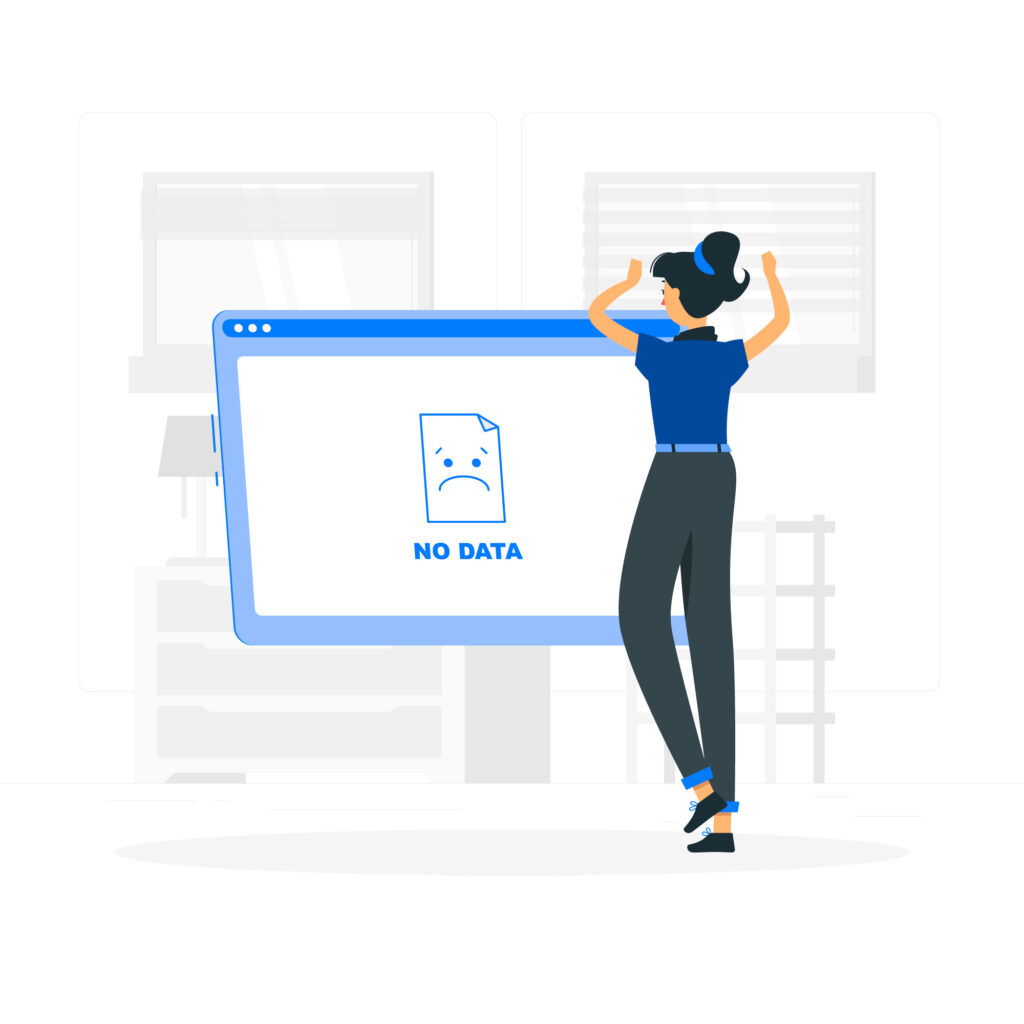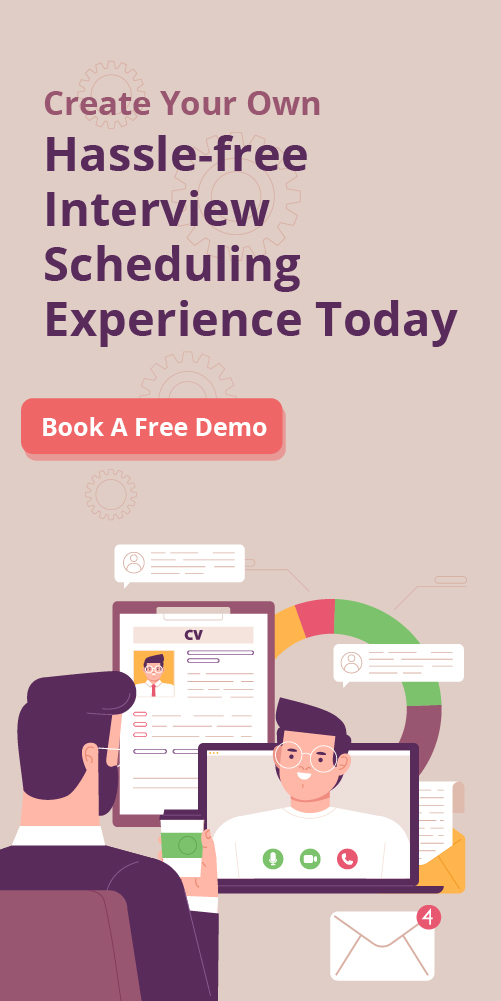When you’re finally at the interview scheduling stage, you’re already deep into the hiring process, close to the finish line. But don’t let your guard down just yet. The interview invitation email is more than a logistics note; it’s your candidate’s first impression of your team’s professionalism.
Small mistakes in these emails can quietly unravel all the goodwill and momentum you’ve built. In this blog, we’ll show you the most common pitfalls in interview invitation emails—and how to avoid them like a pro.
Why Are Interview Invitation Emails Critical in the Hiring Process?

At their core, interview invitation emails exist to inform candidates, but the best ones also enhance the candidate experience and build trust. Research from Talent Board’s Candidate Experience (CandE) Benchmark Report shows that 58% of nearly 240,000 candidates who joined the survey say clear communication during scheduling significantly impacts their perception of the employer.
Done right, this simple email can:
- Respect the candidate’s time and current work commitments
- Reduce unnecessary back-and-forth
- Build credibility and employer branding
- Set clear expectations and reduce no-shows
Think of it as the first handshake—if it’s limp, late, or off-target, that’s what they’ll remember.
What Should Be Included in Interview Invitation Emails?

Here’s your essential checklist to craft a solid, no-nonsense interview invite:
-
Job Title – Don’t leave them guessing. Be specific.
-
Company Name – Reinforces brand recognition and makes it easier to do candidate research.
-
Interview Format – Phone? Zoom? In-person? Be clear and include platform links or physical directions.
-
Flexible Time Options – Let candidates pick from a few options or self-schedule using tools like Rakuna’s Interview Scheduling Software.
-
Interview Location (if applicable) – Include address, directions, maps, and parking info.
-
Names and Titles of Interviewers – Personalizes the experience and gives candidates a chance to prepare.
-
Required Materials – Portfolio? IDs? References? Spell it out.
-
Estimated Duration – Candidates have lives—respect their calendars.
-
Additional Notes – Dress code, security policies, remote etiquette—don’t assume they know.
Common Mistakes in Interview Invitation Emails (and How to Avoid Them)

1. No Warm Opening
Jumping right into details like “We’d like to schedule your interview…” can come off as robotic.
Fix it: Start with gratitude and context. Mention their progress and personalize where possible:
“Thank you for applying for the [Job Title] at [Company Name]. After reviewing your application, we’re pleased to invite you to the next stage of our hiring process.”
💡 Klenty – an AI Sales Engagement Platform discovered that simply customizing your email subject line can boost open rate from 16.67% to 35.69%.
2. Weak or Spammy Subject Lines
Your subject line is the gatekeeper. And if it’s vague or missing entirely, your carefully written email might end up in the spam folder—or worse, ignored.
Mistakes to avoid:
-
No subject line at all (don’t be that recruiter)
-
Vague phrases like “Follow-up”
-
Overusing punctuation (!!!) or emojis 😬
Better options:
-
“Interview Invitation – [Job Title] at [Company]”
-
“Next Step: Interview for [Job Title] at [Company]”
-
“Schedule Your Interview with [Company Name]”
💡According to Campaign Monitor, emails with clear, action-oriented subject lines see a 26% higher open rate
3. Inaccurate Information
There’s no faster way to kill credibility than sending a candidate the wrong date, time, or even their name spelled incorrectly.
Consequences:
-
Confusion and missed interviews
-
Back-and-forth rescheduling
-
Brand damage (yes, they’ll remember)
Fix it:
4. Tone That’s Too Cold—or Too Familiar
The tone of your email matters. If it reads like a legal notice or a message to your bestie, you’re doing it wrong.
- Too Formal: “Dear Applicant, we are pleased to inform you…”
- Too Casual: “Hey Lisa, wanna hop on a quick call this Friday?”
Fix it: Aim for warm professionalism.
“Hi [First Name],
We’re excited to move forward in the process with you. We’d love to invite you to interview for the [Job Title] role.”
5. No Follow-Up or Rescheduling Options
You send a single invite with no backup plan. The candidate’s calendar clashes. Now what?
Fix it:
Always offer flexibility. Better yet, use automated scheduling tools like Rakuna’s self-scheduling feature. It lets candidates pick from available slots—no emails back and forth.
📌 According to SHRM, companies using automated scheduling tools reduce time-to-schedule by 60% and no-show rates by up to 40% [source].
Final Thoughts: Every Word Counts
Interview invitation emails might seem routine, but they’re quietly powerful. They represent your brand, your professionalism, and your respect for a candidate’s time. A strong email shows you care. A sloppy one shows you don’t.
Avoid these five common mistakes, and you’ll make your hiring process smoother, faster, and much more candidate-friendly.
Want to level up even further?
📩 Check out our Top 20 Interview Invitation Email Templates to save time and improve your candidate communication game.

Team Rakuna
The Rakuna Team comprises a diverse group of professionals hailing from various corners of the world.
With a passion to enable organizations to hire their next waves of talents, we are dedicated to help organizations stay updated on important recruiting technology and industry best practices.

